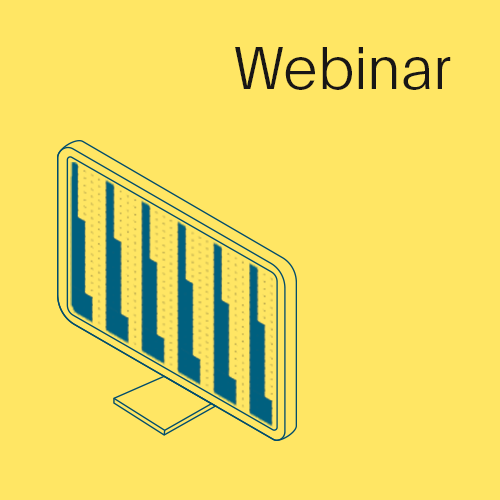Technologies like Kubernetes and Docker help to simplify cloud infrastructure and management, allowing developers to focus on application development.
However, these abstractions also make debugging production issues more challenging, particularly in regulated environments. Debugging becomes even more difficult with complex distributed systems and event-driven architectures, as the hands-off management and ephemeral nature of these frameworks limit visibility and remove evidence of issues.
To address and improve application and debugging with Kubernetes, it’s recommended that developers:
- Learn more about Kubernetes (so much for that abstraction and time savings!)
- Implement pervasive logging and centralized collection
- Create container-level health checks
- Implement tracing and correlation IDs to map those cross-system interactions
What’s missing, however, is a way for developers to gain access to the state of problematic containers so they can view heap, thread, and TCP dumps.
In this session, we’ll show how you can expedite debugging of applications running Kubernetes with PagerDuty Process Automation. We’ll demonstrate how to automate preservation of ephemeral container states during incident response. You’ll see how incident responders can collect necessary information for developers to create permanent fixes as part of their remediation efforts.

"The PagerDuty Operations Cloud is critical for TUI. This is what is actually going to help us grow as a business when it comes to making sure that we provide quality services for our customers."
- Yasin Quareshy, Head of Technology at TUI